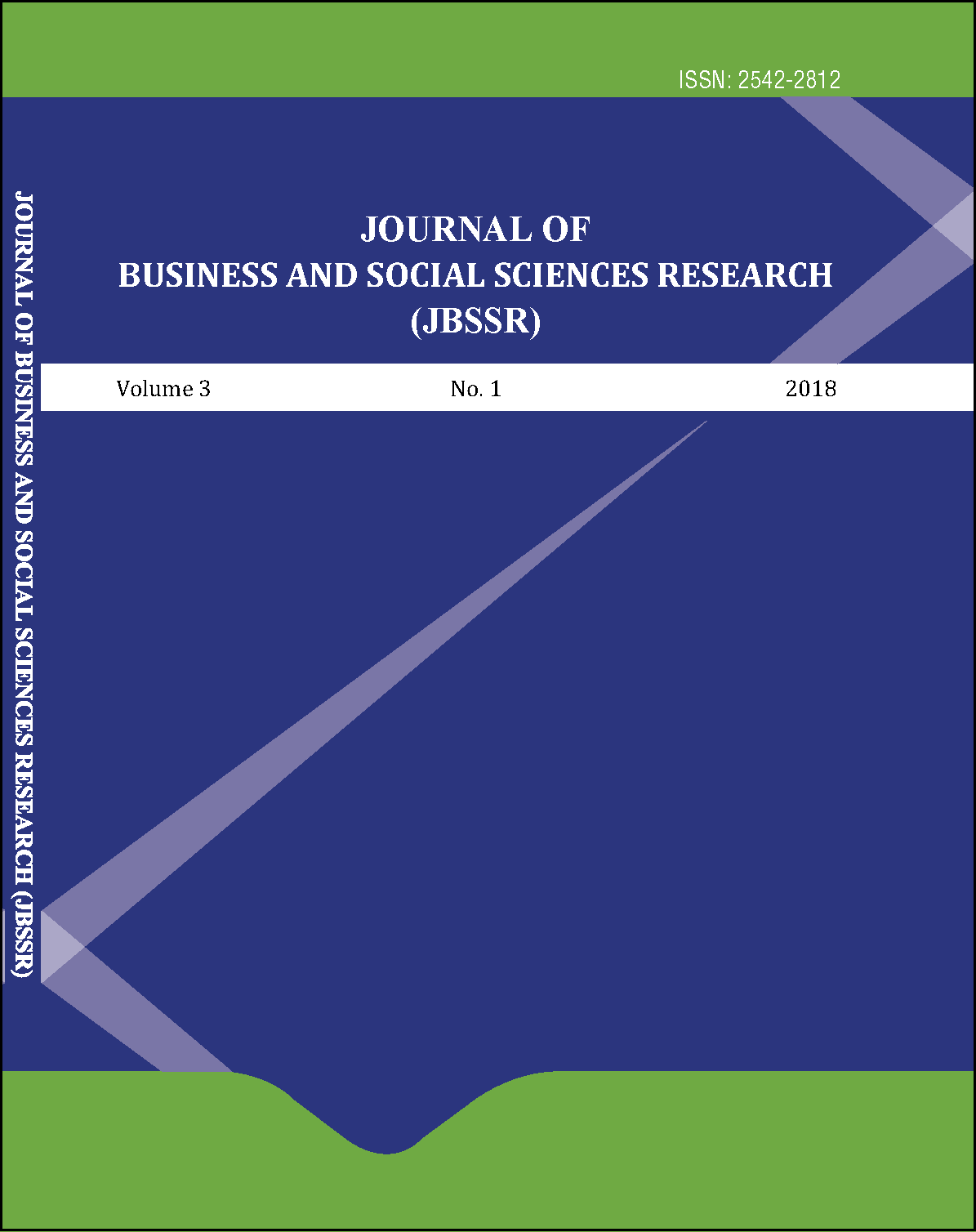Household Fuel Choice in Urban Nepal: A Multinomial Logistic Regression Analysis
DOI:
https://doi.org/10.3126/jbssr.v3i1.24843Keywords:
choice of fuel, multinomial logistic regression, modern energy, income, socio-economicAbstract
From the last decade of the 20th century, it has become increasing evident that uses of firewood, kerosene, LPG and electricity are the major sources of energy used by household for cooking, heating, lighting and cooling. The study examined the effect of socio-economic factors like income, education, geographical location, ethnicity across three different regions. Two cross-section data surveyed by National Living Standard Survey (NLSS) in 1995/96and in 2010/11 are used to analyze the end-use of energy in urban sector for cooking purpose. The studies found there have been significant changes in energy consumption behavior of urban household in these two time periods. Consumption of kerosene has declined over the period of time. Firewood has still contribution with significant amounts although people prefer LPG for cooking purpose. Result shows that household income plays significant role to switch from traditional and transitional fuel to modern fuel. Similarly, household education, ethnic group, geographical locations, family size has significant impact on fuel choice behavior of household. The result suggests that policies and interventions that raise household income, increase the level of education of household head could help to encourage the adaptation of modern energy source.
Downloads
Downloads
Published
How to Cite
Issue
Section
License
© JBSSR/AIM
Authors are required to transfer their Copyright to the Journal of Business and Social Sciences Research.




